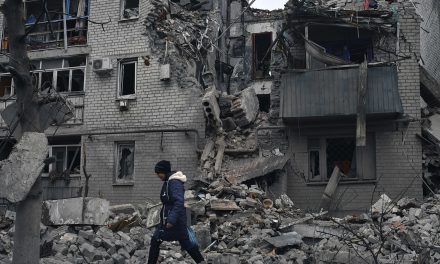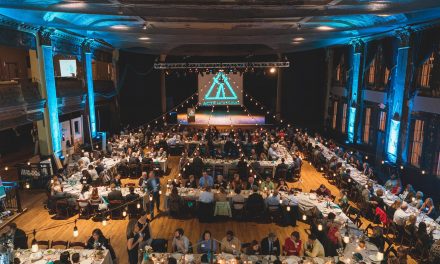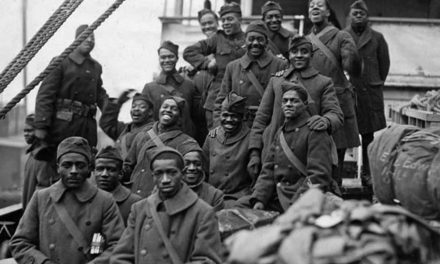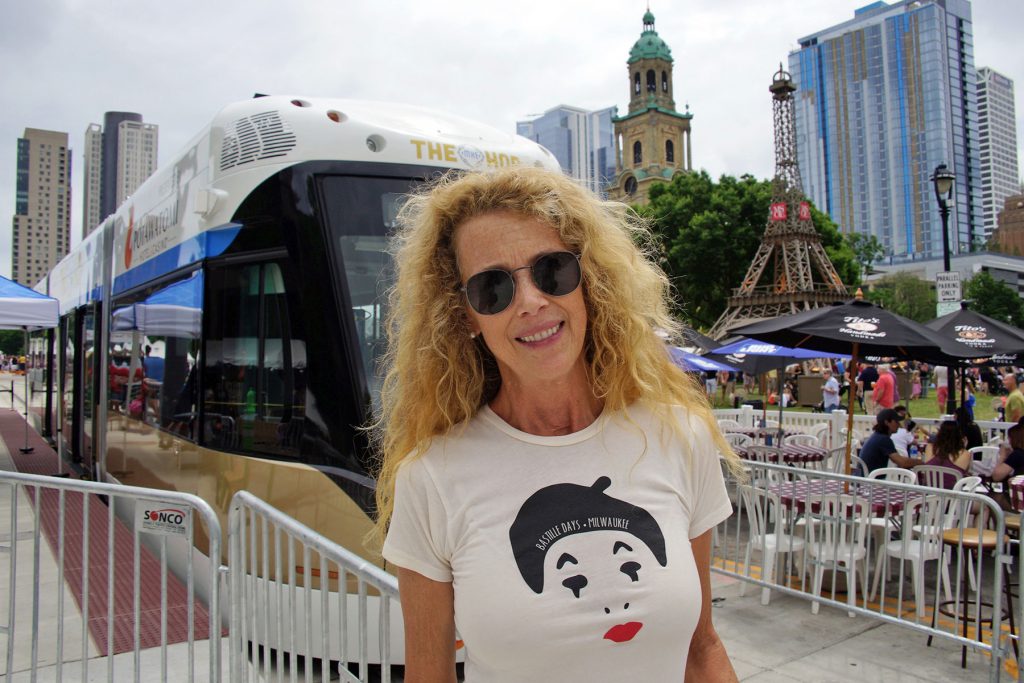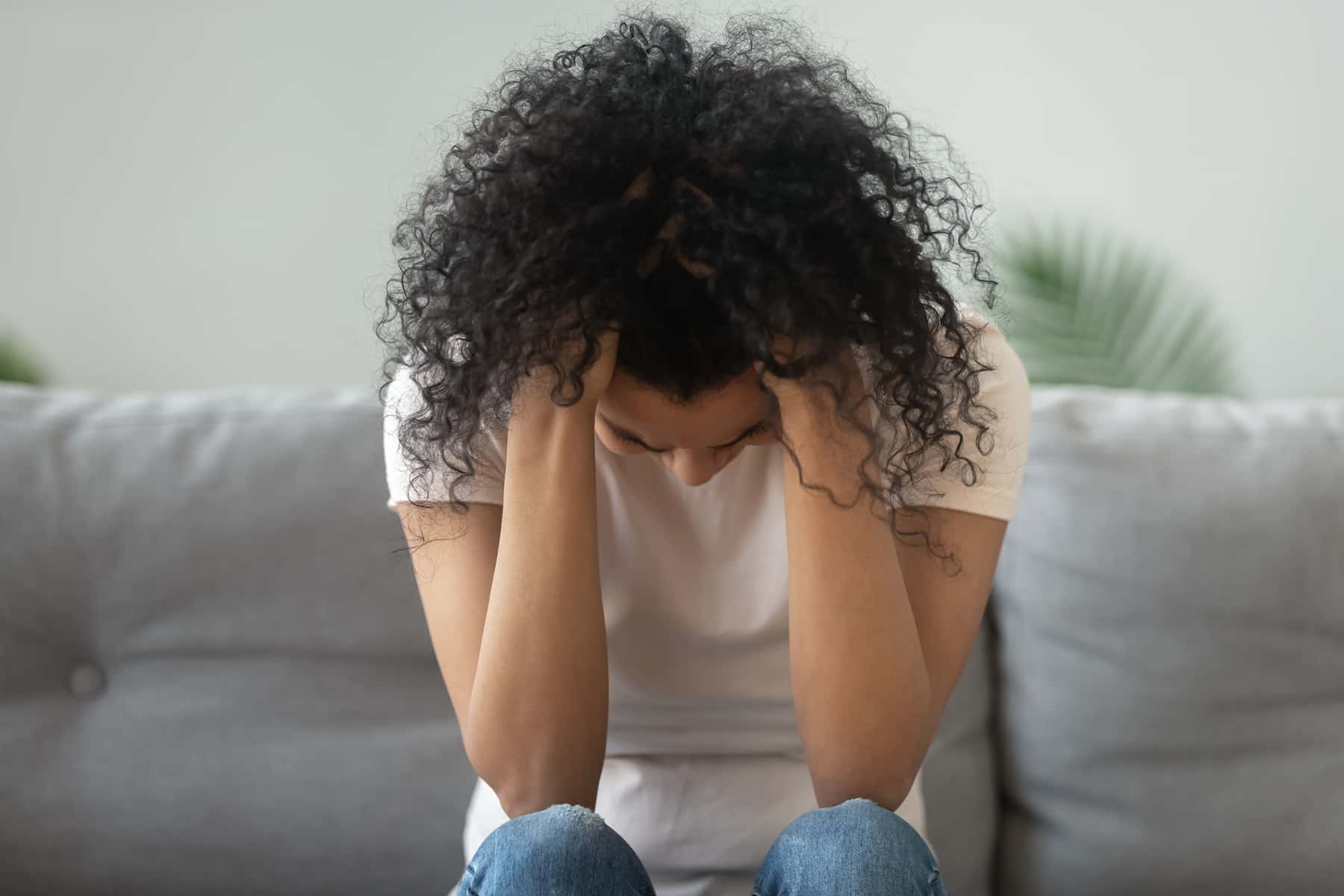
They say that sex sells, but more and more, it seems like trauma has taken its place. As a Black femme, I was taught from an early age that I shouldn’t ask for help until I absolutely, positively had no other choice.
Being a child of immigrants from Haiti only reinforced this belief. If I expressed any mild discomfort, I was immediately reminded that no one had to or would help me, but more importantly, they shouldn’t.
Someone is worse off than you. You’ve had harder times than this and never asked for help, so how dare you do it now! Why don’t you just be grateful for your job and education? If you’re unhappy, just leave. Do you know what I had to deal with growing up? You’re spoiled.
In the age of GoFundMe and social media, this belief continues. I have seen one too many Black people who, with their heads hung low, ask for assistance once they have acquired so much debt or displacement, waiting until it was that bad. I have seen one too many Black individuals write deeply personal tragedies under mutual aid posts, begging and thanking strangers for a buck – even when those posting tell them they don’t have to share their stories.
But this is how society measures worthiness when it comes to support: who is suffering so much that we cannot turn them away because they are willing to be incredibly vulnerable with desperation? It truly becomes the Hunger Games, the most marginalized or penalized fighting to have their basic needs met physically, emotionally, and mentally.
It deeply saddens me to know we only want to fund trauma. Our society is built on the falsehood of individualism so we refuse to care for each other in ways that prevent the worst case scenarios. We are conditioned to believe that someone has to be so far into their troubles that they couldn’t possibly get out of it alone (or at all). Even more, they have to put their pain out there for the world to see and judge, knowing anything short of death is not enough to warrant relief.
You even see it in the ways that people judge those with food stamps for wanting organic foods or buying sweet treats. It’s the unwritten rule of how support works—especially for Black people. We are required to be at our absolute worst and only seek survival in order to receive. If we want joy, happiness, access to “luxuries” or anything remotely close to peace—we are on our own.
To put it plainly: society would rather pay to bury us than support a life in which we are thriving.
When you’re Black, the world either wants to kill you, save you, or pity you. If the world suspects (and it always does) that you have just a little more suffering left in you to give, you’re turned away. We’re taught that Black bodies are meant to hold the weight of the world. As Black people, we’re supposedly the strongest, so we have made an identity out of our ability to prosper in the most inhumane situations. It’s a point of pride, one passed down for generations, but this “pride” is at the core of our shame and annoyance when someone calls for help.
This, and how we are constantly relied on to be a beacon of hope, inspiration, and resource for everyone around us — especially if we’re Black femmes/women— creates a complicated rationale around what we deserve. Nurturing and caring are from us, not for us. Our joy isn’t a hot commodity, and when we make others face their guilt or shame for perpetuating that our joy isn’t a priority, we are further on our own.
Expecting accountability for, and relief from, our suffering by way of funds is not what sells. We are expected to make our suffering specific to us to create enough distance for the reader to say “not me, but them.” Anything remotely vague or deliberate leaves too much room in the consciousness of readers to decide they feel guilty or angered by our audacity, resulting in being ignored or receiving lackluster support.
I recently created a Freedom Fund that proves my theory. I have never tried to crowdfund for myself before, but the underlying weight of imposter syndrome was no stranger to me. Here I was, able to write up and ask for support, with the nerve to not rehash the specifics of my trauma for viewer consumption. I knew my calls for relief would go unnoticed because I wasn’t… “desperate” enough.
The people reading my words would think, “but they’re so strong,” and brush me off as just “having a bad day” rather than holding my truth with respect and empathy. They’d toss me a Venmo for less than what they spend at Starbucks and a cutesy gif to show they pitied me just enough to make the effort.
But why was that? To me, it seems to come down to agency over joy, especially the joy of Black femmes/women. While white women can claim similar experiences, their suffering is held in high regard (the countless reports of a “Karen” is just a Google search away). Our joy as Black people, however, is not a necessity. Meaning, we aren’t meant to thrive in the eyes of the world. We must suffer for others to live freely but our happiness is, at best, a “nice to have” when it serves as a means to disregard our suffering. This is seen when our joy is used to disprove our struggle through society’s diet activism (insert Kamala Harris and Stacey Abrams).
Our joy is weaponized and used to claim that we have all progressed, especially when we achieve tokens of society’s measure of success: degrees, salaries, visibility, and more. But let’s be clear: progress isn’t proximity to whiteness. Sitting in a room of people who are different from you doesn’t change their mind. Silence doesn’t solve problems. Change doesn’t happen without disruption. Most importantly, all these rules about deserving, desperation, and demand are enforced by the very people who benefit from our compliance.
And it’s exhausting to know we are only acknowledged when we become a spectacle of suffering or a diversity ad that does it all with a smile. In the eyes of the world, regardless of our extensive understanding of systems that oppress us, Black people are both individually and collectively responsible for our hardships and our recovery. If we want any “handouts” we must be willing to write compelling stories of our heroism or pain to be supported.
But my suffering isn’t for sale. I just want to live in a world where I’m unbothered. I want to walk into stores and not be followed. I want to find my shade at every makeup counter. I want Black dolls to be in stores and not cost double online. I want movies with people who are like me to not be entrenched with slavery. I want to not have a white woman cut me off while speaking or steal my ideas just to have her YAS, QUEEN me later after standing up to Chad.
I want to visit the country and not worry if I’m in a sundown town. I want to never hear “I know I shouldn’t ask this, but…” ever again. I want clothes that fit bodies, not constructs. I want the ability to stand up against violence at work and not fear for my livelihood.
But until then, we must redistribute wealth and not look at it as a favor, but a call to action. A reimagining of support. A dedication to healing and community that doesn’t play into trauma porn and leave marginalized people at the disposal of those who have unearned safety. Society must stop “deciding” how much someone is worth and start believing that people are owed joy, food, care, and opportunity. Most importantly, do this without the expectation of praise or acknowledgment.
Wealth redistribution isn’t just about trading your Starbucks order for someone’s aid request, but it can help to start balancing out the scales. We all know there’s more than enough to go around, but until we build a system that centers care, we will never truly progress.
Mariane Leon
Originally published by YES! Magazine as My Suffering Is Not for Sale

